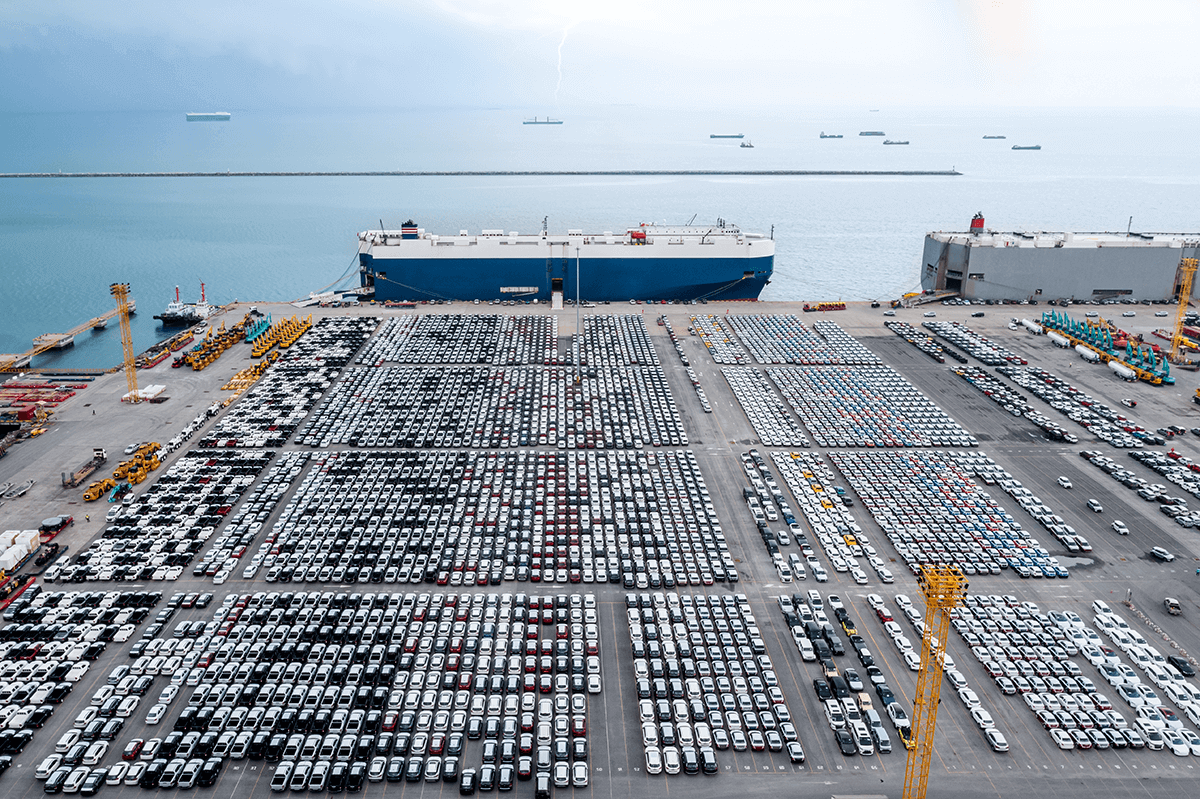Even as large parts of the world are already struggling with a mild recession – soon to become a severe one if the many current geopolitical problems are not rapidly resolved – financial markets had a party in July, with almost all equity and bond indices posting sharp gains. A rally that is difficult to comprehend from a fundamental perspective, given the numerous issues we face, but that (as alluded to in last month’s letter) probably simply reflects how cheap some financial assets had become after the disastrous performances of the first half of 2022. In our view, the July move should be seen merely as an upside correction, and we would urge investors to hold their horses.
The global equity index gained 7.79% in July in USD terms (11% when measured in EUR). Only China (-9.4%) and Russia (-16.7%) closed the month in negative territory, all the other markets having rebounded from their June lows. The top performers were information technology, industrials, real estate and non-essential consumer goods. In fixed income markets, despite central banks (other than the ECB) hiking short-term interest rates aggressively, yields moved down quite substantially – particularly on longer maturities. In aggregate, all maturities and ratings combined, European bonds returned 4.3% and US bonds 2.4% (in USD terms). Adding up these positive moves in both the equity and bond markets, balanced portfolios generally gained around 5% in July, cutting back their year-to-date losses to ca. 8.5%.
Alongside downward moving long-term interest rates, the release of (very) good 2nd quarter corporate results helped drive this strong monthly performance. The dichotomy between worsening economic activity and still improving company earnings is unusual, and has much to do with the supply chain issues that hampered production during the past quarters. In effect, companies are still living off their prior order books, running factories at full speed (hence also the strong employment data) to deliver what they promised to their customers months ago – with sufficient pricing power to pass on the higher input costs. While this will likely be the case again in the 3rd quarter, by the 4th quarter the production lags will have been largely resorbed and the lack of fresh orders will begin to bite into corporate results. At which point disappointments stand to become more prevalent.
Focused as they were on the 2nd quarter earnings season, financial markets completely brushed aside negative geopolitical developments, namely the ongoing war in Ukraine (all involved parties are toughening their stance, as evidenced by Russia’s decision to limit its gas supply to Europe – Germany – to only 20% of normal volumes and the US accelerating shipments of increasingly sophisticated arms to the Ukrainian army) and the renewed tensions between China and the US with regards to Taiwan. Were the latter to run out of hand, we risk – at best – the loss of “control” over our main chip provider, or – in the worst case – a military conflict between China and the US in the Southern Pacific Ocean.
Nor did markets pay much attention to the inflation problem, now at ca. 10% across the developed world. And with multiple second-round effects developing, these high inflation levels are here to stay, at least for the foreseeable future. Negative economic indicators, such as worsening consumer confidence and collapsing orderbooks, were also neglected.
As such, the very positive July performance should, in our opinion, be considered as just a “hick-up”, bringing undervalued stocks back to more normal levels, rather than the start of a new sustainable uptrend. Right now, there are simply too many headwinds, with a potentially severe recession looming in Europe and the major military powers (US, China and Russia) becoming more belligerent by the day. United Nations Secretary General Guterres recently called upon these countries to remain extremely cautious, such that a disastrous outcome be avoided. He is also, and rightly so, very worried about the impact of the current geopolitical conflicts on UN member state promises to reduce carbon emissions.
So, once again, hold your horses!









